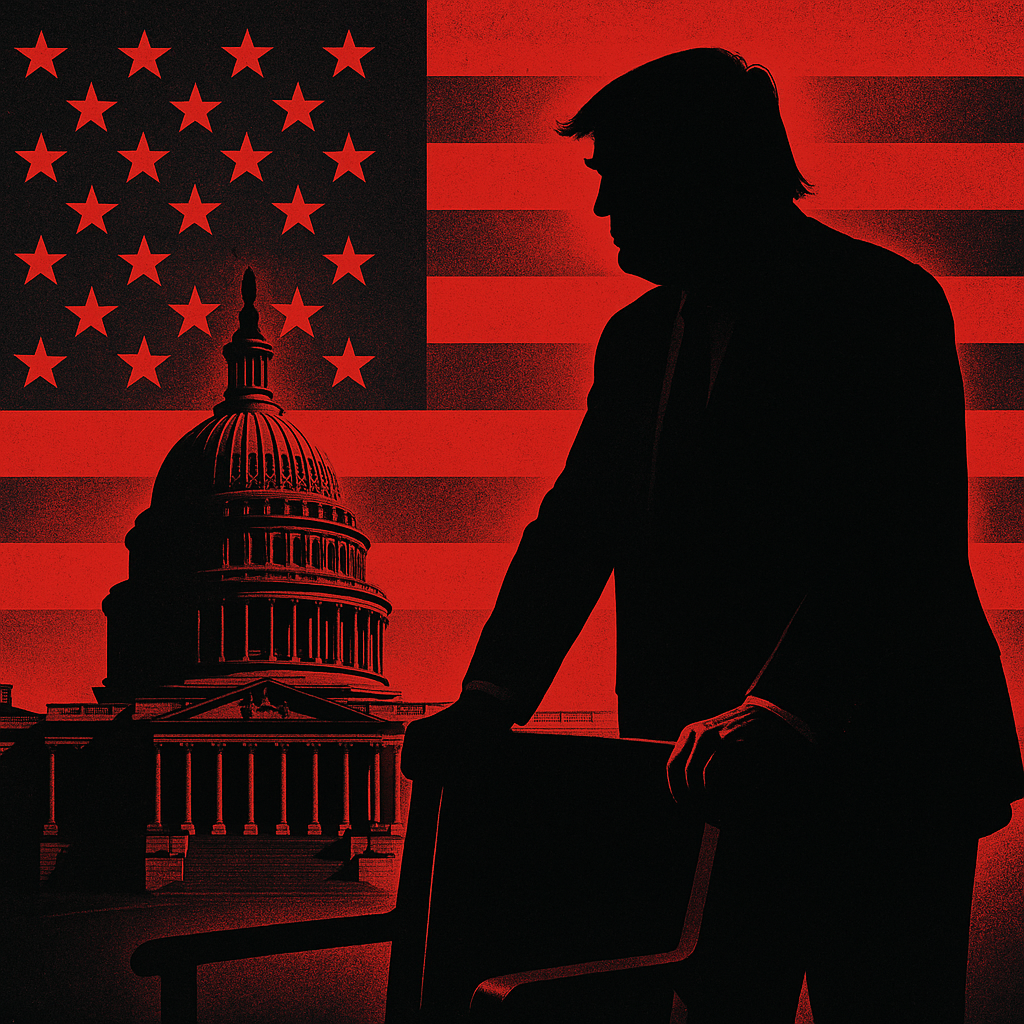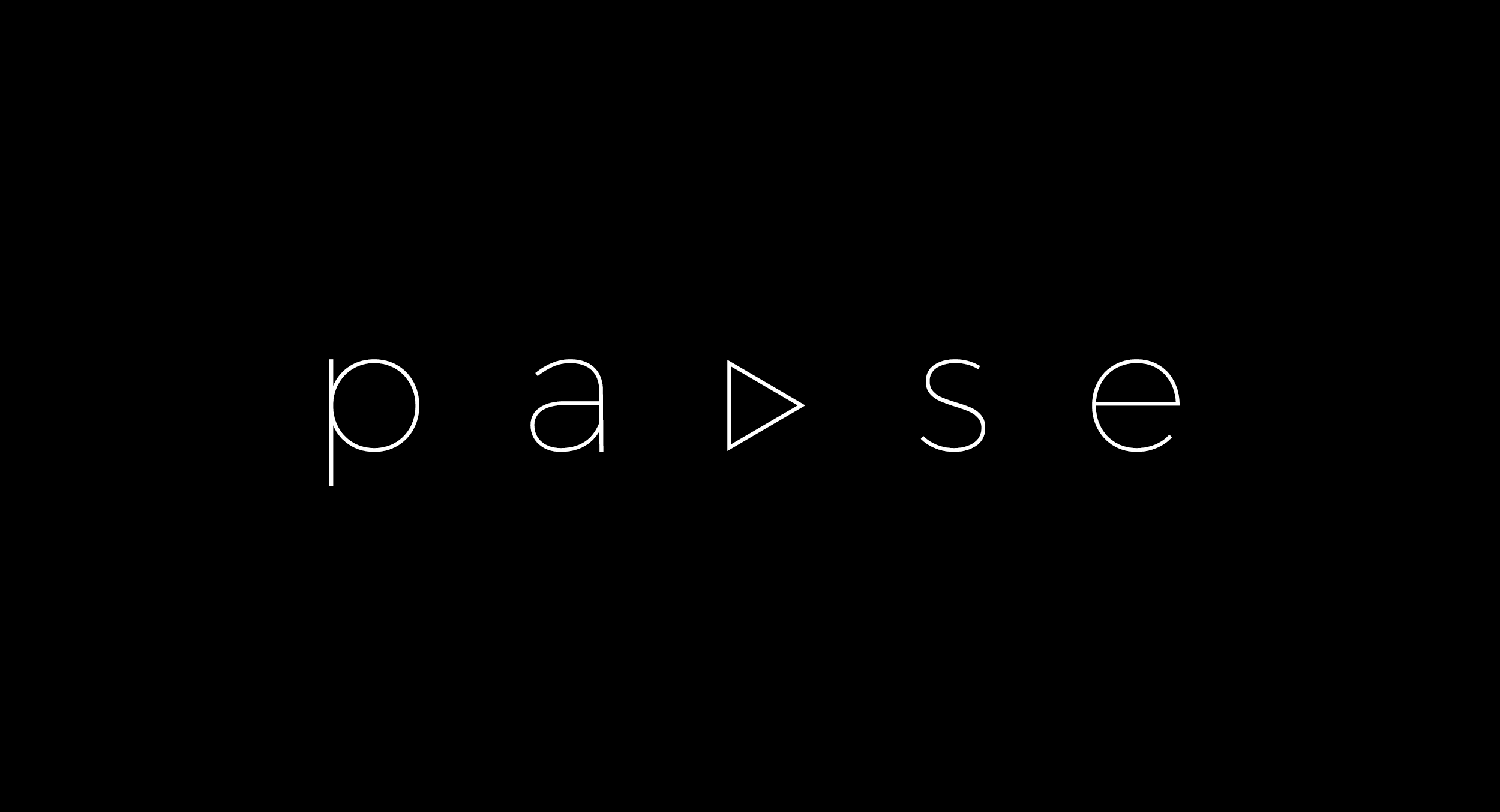Blog
- Is America on a Path to Dictatorship or Witnessing a Decay of Democratic Norms?
Witness a Decay of Democratic Norms and the Path to Dictatorship
Washington, D.C. - The question of whether the United States is heading towards a dictatorship or experiencing a significant deterioration of its democratic norms has become a central and deeply contentious issue in American public discourse. While the nation is not a dictatorship, a growing body of evidence, expert analysis, and observable trends suggest that the foundational norms of American democracy are facing substantial and accelerating challenges.
The distinction between the two concepts is critical. A dictatorship is a form of government characterized by a single leader or a small group with absolute power, the absence of meaningful political competition, and the severe restriction of individual liberties. In contrast, the deterioration of democratic norms refers to the weakening of the unwritten rules, traditions, and institutions that underpin a functioning democracy. This can include the erosion of mutual toleration, forbearance in the exercise of power, and respect for the legitimacy of political opponents and the electoral process.
The Erosion of Democratic Norms: A Widely Recognized Trend
A significant consensus among political scientists and observers of American politics is that democratic norms in the United States have been deteriorating for some time. This erosion is attributed to several key factors:
-
Deepening Political Polarization: Hyper-partisanship has led to a political environment where compromise is increasingly difficult, and opponents are often viewed as enemies. This "us versus them" mentality undermines the ability of political actors to engage in good-faith negotiation and governance.
-
Declining Trust in Institutions: Public trust in key democratic institutions, including Congress, the presidency, the judiciary, and the media, has reached historic lows. This erosion of faith can make it easier for political leaders to challenge established processes and norms.
-
Attacks on Electoral Integrity: Repeated and unsubstantiated claims of widespread voter fraud have undermined public confidence in the fairness and accuracy of elections. This has led to legislative efforts at the state level that could politicize election administration and create barriers to voting.
-
Weakening of Checks and Balances: There are growing concerns about the erosion of the separation of powers, with accusations of executive overreach and a decline in congressional oversight.
-
Increased Acceptance of Political Violence: Recent years have seen a troubling rise in rhetoric that condones or encourages political violence, a significant departure from long-standing American democratic traditions.
The Specter of Authoritarianism: A Subject of Intense Debate
The question of whether this democratic erosion could lead to a form of authoritarianism, or even a dictatorship, is a subject of more intense debate.
Proponents of the view that the U.S. is on a dangerous trajectory point to several developments:
-
Rhetoric and Actions of Political Leaders: Statements from some political figures have included admiration for autocratic leaders, challenges to the peaceful transfer of power, and suggestions of using the instruments of government to punish political opponents.
-
"Project 2025": This comprehensive plan, developed by a coalition of conservative organizations, outlines a vision for a future presidential administration that would centralize power in the executive branch, dismantle parts of the federal bureaucracy, and place civil servants under more direct political control. Critics argue that these proposals would fundamentally undermine the non-partisan nature of government and consolidate power in a way that is antithetical to democratic principles.
-
Rise of "Competitive Authoritarianism": Some scholars argue that the U.S. is exhibiting characteristics of "competitive authoritarianism," a system where democratic institutions formally exist but the playing field is heavily tilted in favor of the ruling party.
However, other experts maintain that while the threats to American democracy are serious, the nation's institutions are proving to be resilient. They point to:
-
The Continued Functioning of Elections: Despite challenges, elections continue to be held, and results are, by and large, respected.
-
Judicial Independence: The court system, while facing political pressure, has in many instances acted as a check on executive and legislative power.
-
A Vibrant Civil Society and Free Press: Non-governmental organizations, advocacy groups, and a free press continue to hold leaders accountable and inform the public.
Historical Context and Future Outlook
Historically, American democracy has faced periods of significant strain, such as the Civil War and the Jim Crow era, during which democratic norms and rights were severely curtailed for large segments of the population. The current period is seen by many as another such critical juncture.
The path forward remains uncertain. Whether the current erosion of democratic norms will be halted and reversed, or will continue to the point of a more fundamental break with democratic governance, depends on the actions of political leaders, the engagement of citizens, and the resilience of the nation's institutions. The coming years are widely viewed as a crucial test for the future of American democracy.
Why this is happening?
Answering the question of why the deterioration of democratic norms in the United States is happening now requires looking at the convergence of several powerful long-term trends that have been building for decades, combined with more recent, short-term catalysts that have accelerated and intensified these underlying pressures.
Long-Term Foundational Cracks
For years, and in some cases decades, several slow-moving forces have been straining the foundations of American democracy:
-
Deepening Economic Inequality: Since the 1980s, the gap between the wealthiest Americans and the rest of the population has widened significantly. This has fueled a sense of grievance and a belief that the economic and political systems are "rigged" for the benefit of a small elite. Such sentiments can erode trust in democratic institutions and create fertile ground for populist and anti-establishment movements. Studies have shown a strong correlation between high levels of income inequality and democratic backsliding globally.
-
The "Big Sort" and Geographic Polarization: Over the last few decades, Americans have increasingly sorted themselves into politically and ideologically homogenous communities. This phenomenon, dubbed "The Big Sort" by journalist Bill Bishop, means that people are less likely to interact with those who hold different political views in their daily lives. This geographic and social isolation reinforces partisan identities, reduces opportunities for cross-party understanding, and contributes to the perception of political opponents as a hostile "other."
-
Shifting Media Landscape and the Decline of Gatekeepers: The fragmentation of the media landscape, which began with the rise of cable news in the 1980s and 90s, has dismantled the mid-20th century ecosystem where most Americans received news from a few common, professionally curated sources. This has made it easier for individuals to exist in "echo chambers" where their existing beliefs are constantly reinforced and opposing views are caricatured or demonized.
-
Demographic and Racial Realignment: The United States is in the midst of a profound demographic transition, with projections showing that non-Hispanic white Americans will no longer constitute a majority of the population in the coming decades. This shift has become a central axis of political conflict. For some, it represents a long-overdue fulfillment of America's multicultural promise. For others, it has stoked anxieties and a sense of cultural and political displacement. This has been linked to a rise in "racial resentment," a political identity centered on the belief that gains for racial minorities come at the expense of white Americans, which has become a powerful mobilizing force in contemporary politics.
Short-Term Accelerants and Catalysts
These long-term pressures have been ignited and accelerated by more recent developments:
-
The Rise of Social Media: The proliferation of social media platforms over the last 15 years has fundamentally changed the speed and nature of political discourse. Algorithms designed to maximize engagement often prioritize inflammatory and emotionally charged content, which can amplify polarization, spread misinformation and disinformation rapidly, and further erode trust in established institutions like the mainstream media and the government.
-
Escalating Political Partisanship and Norm-Breaking: The presidency of Donald Trump, in particular, marked a significant departure from long-standing political norms. His rhetoric and actions frequently challenged the legitimacy of democratic institutions, including the electoral process, the judiciary, the free press, and the intelligence community. This had a twofold effect: it modeled and normalized norm-breaking behavior for other political actors, and it forced citizens and institutions to confront direct challenges to the democratic process that were previously considered unthinkable.
-
The COVID-19 Pandemic: The pandemic acted as a massive stress test on the American political system. It exacerbated existing inequalities, became intensely politicized, and was accompanied by a flood of misinformation. The debates over masks, vaccines, and lockdowns became deeply entangled with partisan identities and distrust of scientific and governmental authorities, further deepening societal divisions.
-
Erosion of Trust in Elections: The concerted and sustained efforts to cast doubt on the integrity of the 2020 presidential election, culminating in the events of January 6, 2021, represented a direct assault on the cornerstone of American democracy: the peaceful transfer of power. The continued refusal by a significant portion of the electorate and many political leaders to accept the legitimacy of that election has created an ongoing crisis of faith in the democratic process itself.
In essence, the current moment is not the result of a single cause but rather the culmination of these intertwined and mutually reinforcing factors. Decades of rising inequality, social and geographic sorting, and a changing media environment created a society ripe for deep division. The advent of social media provided a powerful tool to exploit and amplify those divisions. Finally, the actions of political leaders who were willing to break with long-standing democratic norms acted as the spark that ignited these combustible materials, leading to the acute sense of democratic crisis that defines the present era.




No Comments
Signup or login to leave a comment